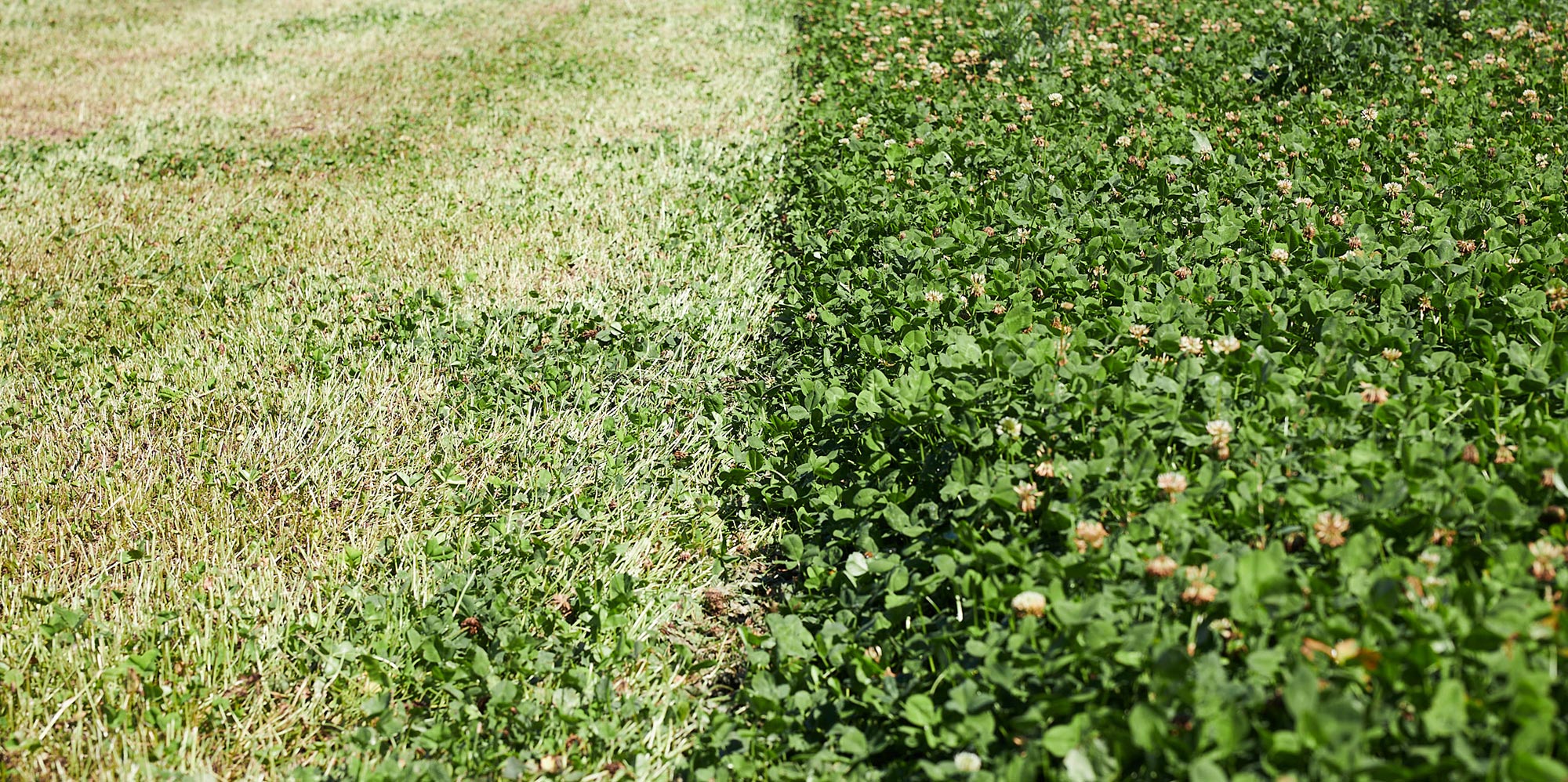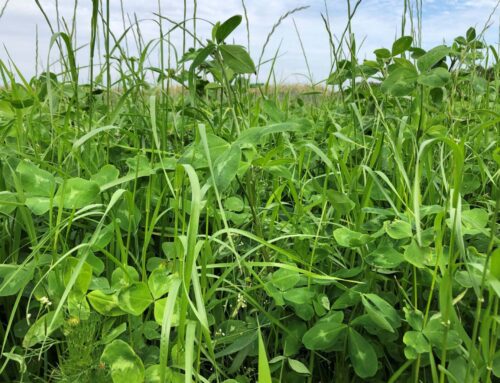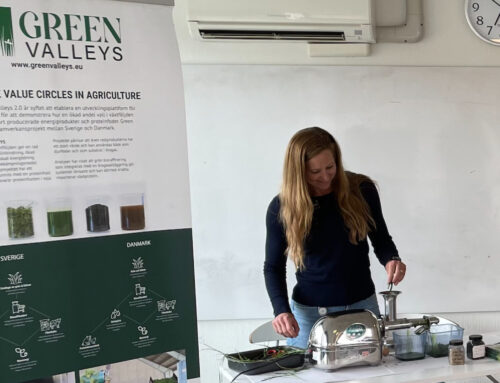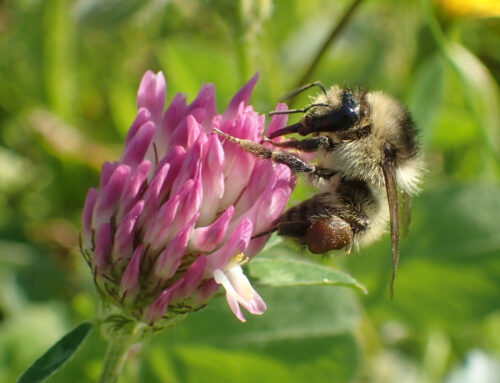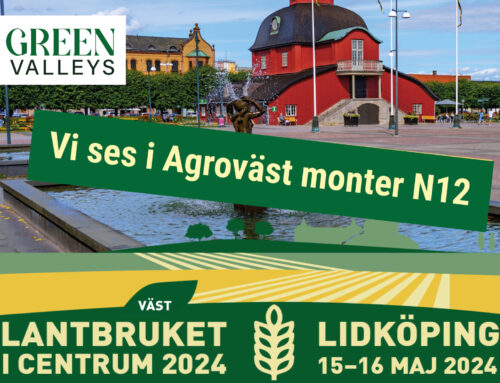Grass fibres can replace plastic as a 100% biodegradable and disposable material for packaging for take-away food. This is the goal of the new innovative project SinProPack, which aims to develop a sustainable alternative to the disposable plastics currently used for packaging. The project is bringing together industry, consumers and knowledge institutions to develop, demonstrate, test and evaluate fibre-based packaging for to-go food via proof-of-concept, pilot-scale trials and industrial upscaling. “Disposable packaging made of grass brings a lot of environmental benefits. The packaging will be 100% biodegradable, so if someone accidentally drops their packaging in nature, it will decompose naturally,” says Anne Christine Steenkjær Hastrup, centre director at Danish Technological Institute, who is coordinating the project. Every year, Denmark consumes more than 10,000 tonnes of packaging for take-away food and drinks. Replacing 10,000 tonnes of disposable plastic with a corresponding quantity of bio-based and biodegradable packaging will reduce carbon emissions from packaging production by approx. 210,000 tonnes CO2 annually.
The project will form a basis for a paradigm shift in packaging solutions by introducing and demonstrating the possibilities of using green biomass for single-use packaging for food products, as well as a sustainable bioeconomy business model for the technology.
Green biomass is an easily accessible resource in Denmark, and green biorefining for protein production is already of considerable interest because of the proven high biomass yields, environmental effects and the potential to use untapped biomass from unproductive low-lying areas such as meadows.

